Do Coffee Beans Expire?
Coffee enthusiasts worldwide cherish their daily cup, and many take pride in selecting the finest beans available. But have you ever wondered if beans expire? And do beans go bad over time? Or how long does freshly roasted beans last? In this article RISE coffee box explores the question of "Do coffee beans expire?" and help you get the best out of your morning cup.
True coffee lovers know there's nothing quite like freshly roasted coffee beans. The aroma, tasting notes, and overall experience of opening that fresh bag just tickles the taste buds. You wont get the same experience buying coffee from a supermarket, which have likely sat on the shelf for months or years.
Freshly roasted coffee whole coffee beans can last anywhere between six months and a whole year in a sealed package, and one week to a month once opened. If you by your coffee pre ground ground coffee beans on the other hand have a shorter shelf life and will stay fresh for a few months unopened, but should be consumed within a few days once opened.
The crucial point when buying a new bag of coffee is to store it in a cool, dark, dry place. Air, moisture, heat and light are your beans’ worst enemies.
Read this guide to learn how to get the best out of your coffee.
Find out the difference between Supermarket and specialty coffee here
Coffee Freshness
Coffee beans are at their peak in terms of flavour and aroma when they are freshly roasted. During the roasting process, the beans go through various chemical changes, developing complex flavours and releasing volatile compounds that create the coffee's unique characteristics.
However, once the beans are exposed to oxygen, they begin to deteriorate. Oxygen is the primary culprit in the degradation of coffee, causing a process known as oxidation. This process gradually breaks down the flavourful compounds within the beans, leading to the loss of aroma and taste. To maintain the best possible experience, it's essential to minimise exposure to oxygen.

Do Coffee Beans Have an Expiration Date?
Technically speaking, they do not have a fixed expiration date like perishable food items. Instead, they have a "best before" or "roasted on" date. This date signifies when the beans were roasted, and it's a crucial piece of information for coffee connoisseurs.
They should be consumed within a few weeks to a couple of months after the roasting date to enjoy their peak freshness - this shouldn't be difficult for coffee lovers! During this period, the beans will offer the most vibrant flavours, aromatic notes, and a satisfying caffeine kick. As time goes on, the quality of the coffee will gradually decline.
This doesn't mean that they suddenly become inedible or harmful after this timeframe. Coffee can still be brewed and consumed long after its best-before date. It simply won't deliver the same exceptional taste and aroma that fresh beans provide.
Generally speaking, specialty coffee inside your RISE coffee box subscription is roasted to order and will have a "Roasted on date" whereas coffee you buy from supermarkets will have a "Best Before End" date - which means it has a shelf life expiry. There is no indication on when the coffee was roasted so it could be up to 2 years old.
We wrote an article on the difference between specialty coffee and supermarket coffee here which really helps understand whether coffee beans expire and the key to buying coffee from the right place.
HOW TO TELL IF COFFEE BEANS ARE STALE OR HAVE EXPPIRED
There are a few tell tale signs of stale coffee, which you should look out for before you drink it.
Here are some of the ways to tell if your coffee beans are stale:
-
Smell your coffee beans - When you open a bag of coffee, the beans should have a beautiful fragrant aroma. With our RISE Friendly beans you can smell that aroma just holding the packet! If your beans are stale, they will have little to no distinctive scent, which also signals their loss of flavour.
-
Check for oil on the beans - Oil or a shiny sheen is good. Freshly roasted coffee beans have a nice sheen on their surface due to the oils and lipids that rise to the surface during the roasting process. When the coffee bean goes stale the oils evaporate and the beans become dry and the texture becomes dull. This also impacts the flavours and aroma of the bean.
-
Feel the grounds - Ground coffee that has gone stale will be dry and grainy. Good quality, fresh beans will have a little moisture to them.
Factors That Impact The Freshness
Several factors influence how long coffee beans stay fresh:
- Roast Date: As mentioned above, the most critical factor is the roast date. The closer you consume coffee to its roast date, the better it will taste. Freshly roasted beans are bursting with flavour and aroma. We do recommend allowing 4-10 days after roast date to drink the coffee as this gives the freshly roasted beans some time to degas and settle (a bit like leaving a steak to rest after it has been cooked!)
- Storage: How you store your beans plays a significant role. Keeping them in an airtight, opaque container in a cool, dark place is crucial to preserving freshness. Avoid exposing them to heat, light, air, or moisture. We recommend getting an Airscape coffee container
- Grind: Whole bean coffee retains its freshness longer than pre-ground coffee. Ground has more surface area exposed to air, which accelerates oxidation. Try to buy your coffee whole bean.
- Type of Coffee: Some beans, like Arabica, tend to lose freshness faster than others, like Robusta. The type of bean you choose can affect its shelf life. Arabica is a higher quality than Robusta beans with more flavour. Robusta tends to have a darker bitter taste and retains that longer.
- The roast type will also have a part to play. The darker the coffee is roasted the longer it will last.

Packaging Method Affects Freshness
There are two types of packaging methods, industrial and hand packed. Specialty, artisan producers will always hand pack where supermarket or mass scale roasters will do this industrially. See the differences below:
Industrial Packaging - Industrial packaged coffee beans usually sit in large storage containers for long periods of time inside a warehouse, between roasting and packaging. The coffee then sits inside the packaging for months before it is shipped to retailers.
The methods industrial packers use, such as Nitrogen Flushing and Vacuum Sealing, are effective, but only necessary due to the shelf life requirements of supermarkets and the amount of time between being roasted and purchased on a shelf.
Hand Packing -- This is a method used by specialty, artisanal and small-batch coffee roasters. After roasting, the beans are packaged and sealed almost immediately. Once the coffee is roasted on a smaller coffee roaster (15kg Giesen for example) the roaster and his small team will then hand pack the coffee straight into their packaging, and often sent in the post to the customer same day or a day or two later at most.
How to Extend Coffee Freshness
To prolong the freshness of your coffee beans and enjoy a better-tasting cup, follow these tips:
Buy Whole Beans - Opt for whole beans and grind them just before brewing to preserve flavour and aroma.
Store Properly - Keep it in an airtight container in a cool, dark place, away from heat, light, moisture, and oxygen.
Use a One-Way Valve Bag - Look for coffee with packaging that includes a one-way valve to release gases produced by the beans while preventing air from entering.
Avoid Refrigeration - Contrary to popular belief, storing it in the refrigerator can introduce moisture and odours, negatively affecting its flavour.
Buy in Smaller Quantities - Purchase coffee in quantities that you can consume within a couple of weeks to a couple of months depending on the size of bag you buy and how much coffee you drink. We have purposely created our RISE house coffee from Uganda in 200g bags as this will last around two weeks (based on one cup a day).
Experiment with Brewing Methods - Adjust your brewing methods and grind size to compensate for the freshness of your beans. Fresher beans may require different parameters for the best results.
Can you store coffee beans in the freezer?
We get asked this question all the time...and the truth is some say you can, others say you can't.
The specialty coffee community are typically opposed to storing coffee in the freezer. There is a lot of humidity inside your freezer and humidity can destroy the coffee bean. Coffee beans are susceptible to moisture and when the bean absorbs the moisture it starts to lose its original flavours and become plain and tasteless. The moisture circulating in the freezer can transfer smells and flavours from one product to another - so don't be surprised if your frozen peas taste like a flat white!
There are two pro's of keeping coffee beans in a freezer though:
1. The first is that coffee beans in a freezer can potentially retain their flavour for longer. Freezing preserves the flavour and slows down the bean from going stale.
2. Grinding your coffee beans from frozen can give you a better grind. This is because the frozen bean will grind more uniform. This even grind allows a better extraction retaining the coffee flavours - resulting in a better tasting coffee!
To enjoy the best coffee experience, aim to consume your beans within a few weeks to a couple of months of their roast date. Proper storage in an airtight container in a cool, dark place is key to preserving the quality. Remember, while coffee may not technically expire, its flavour and aroma can degrade over time, so savour those fresh beans for the most enjoyable brews.








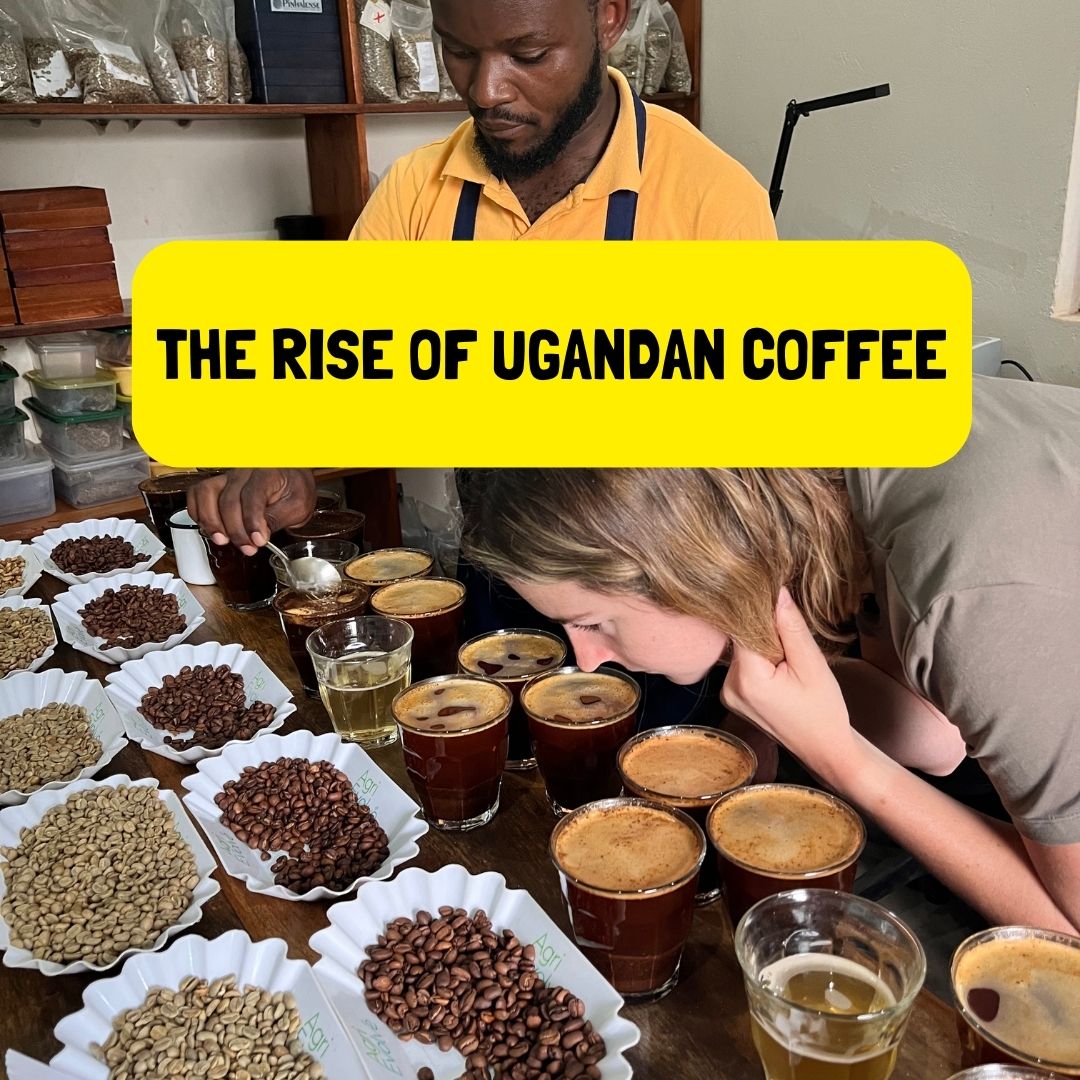
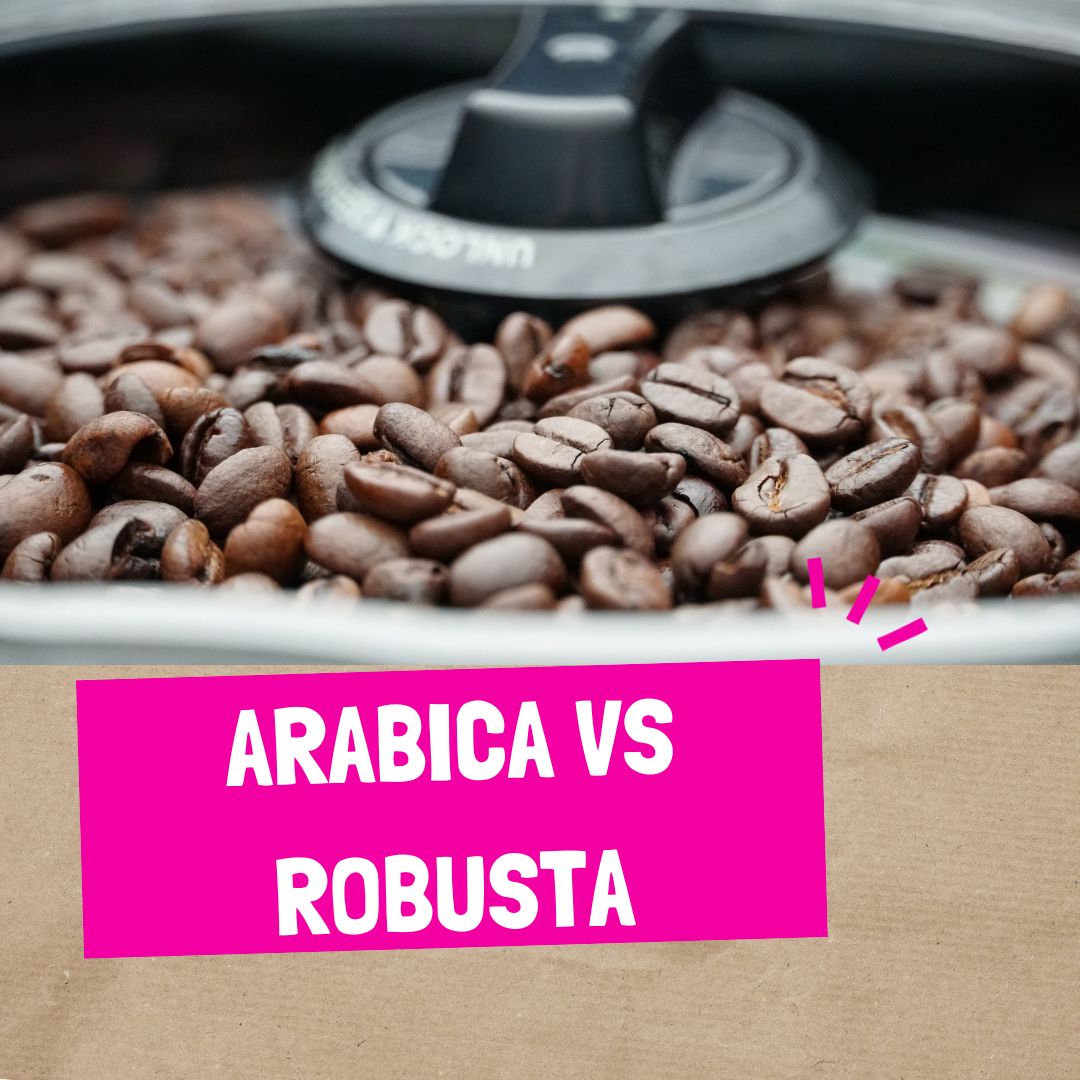

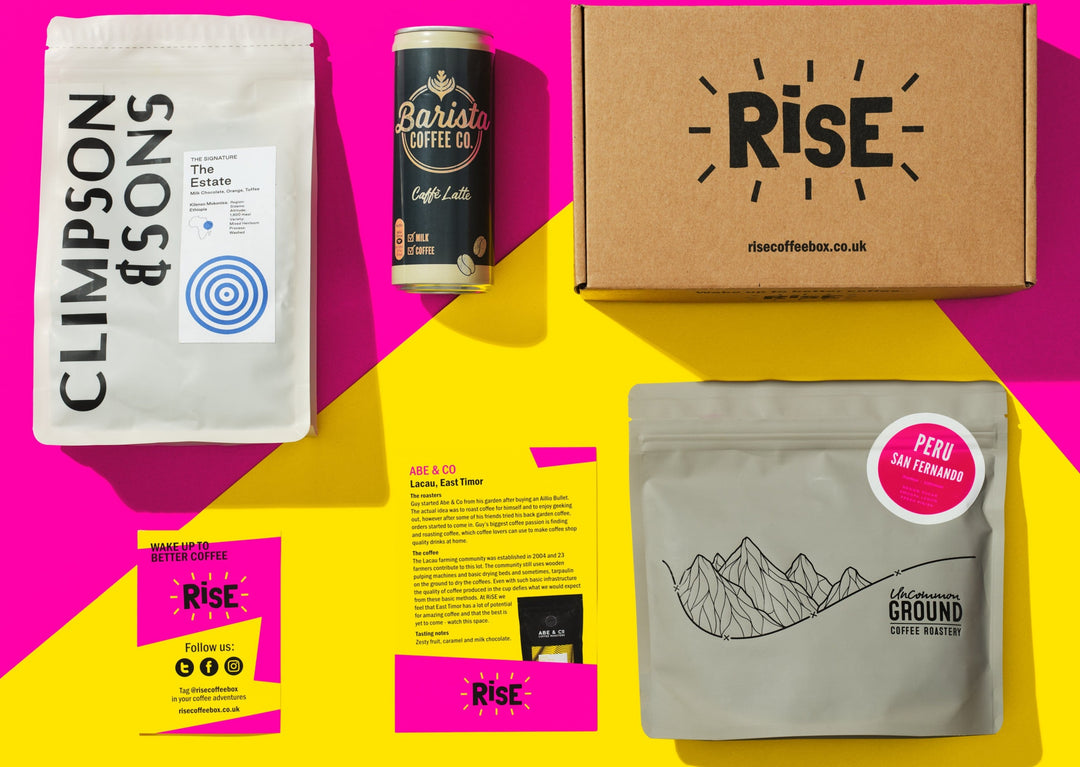
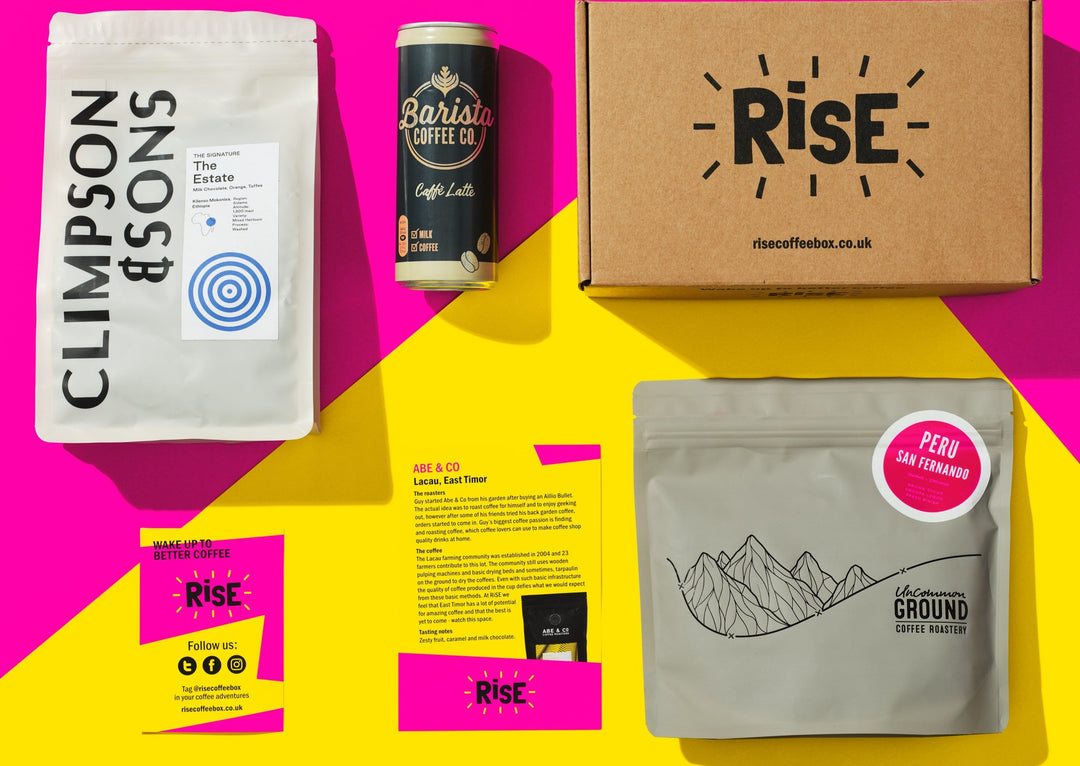
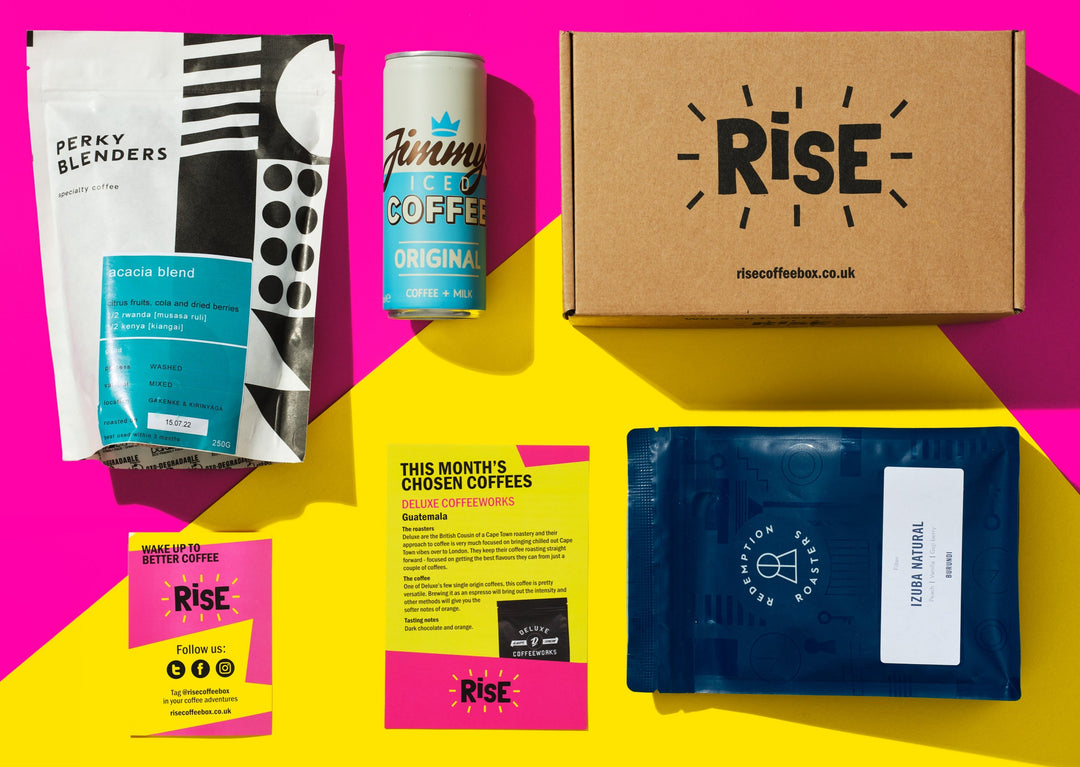
What an insightful article! As a coffee enthusiast, I’ve often wondered about the shelf life of coffee beans and how to ensure I’m getting the freshest brew possible. Your breakdown of the factors affecting coffee freshness, from roast date to packaging methods, is incredibly helpful. I appreciate the emphasis on storing coffee properly to preserve its quality, as well as the tips for extending freshness, like buying in smaller quantities and experimenting with brewing methods.
The comparison between industrial and hand-packed packaging methods was particularly enlightening. It’s fascinating to learn how artisanal roasters prioritize freshness by hand-packing their beans immediately after roasting. This attention to detail undoubtedly contributes to a superior coffee-drinking experience.
I also found the discussion on freezing coffee beans intriguing. While it’s tempting to extend the lifespan of my beans by storing them in the freezer, I now understand the potential risks associated with moisture and flavor transfer. However, the tip about grinding frozen beans for a better grind is a game-changer!
Overall, this article has equipped me with valuable knowledge to enhance my coffee enjoyment and make more informed purchasing decisions. Thank you for sharing these insights!
Leave a comment